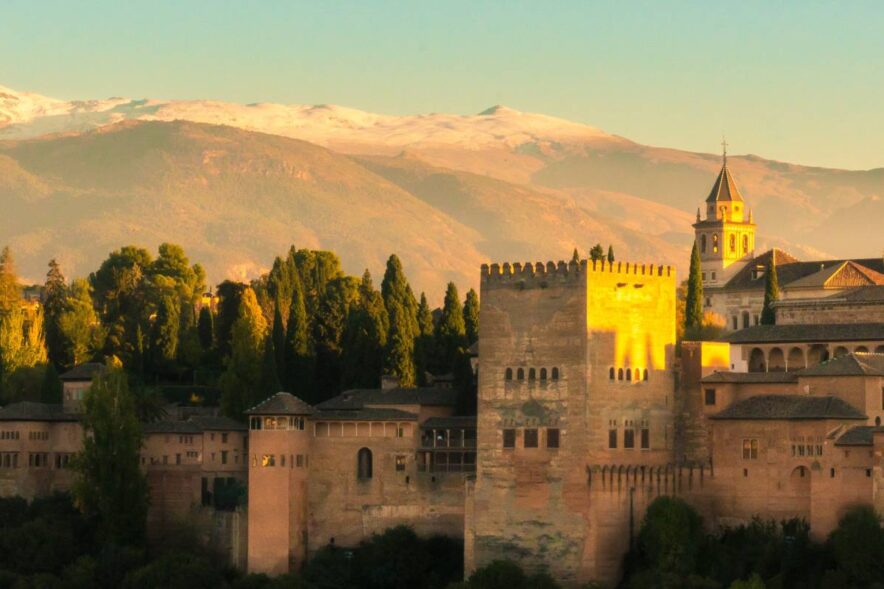The entire Christian faith rests on this foundation—first and foremost, the resurrection of Jesus himself, and then the promised...
Tag: born-again
Showed 1 to 9 posts out of 10 total under "Tag: born-again" category.
Truth #1: ‘before’ “In the beginning, the earth was formless and empty, and darkness covered the deep waters.“ In...
There are many crossings a human will make in a lifetime. Our introduction to life is just the first.
(Not a reader? Take a listen instead ⇓) The sovereignty and rule of God has always existed and will...
God is all about new beginnings. We see the story of humanity starting out in Genesis with a new...
“If the Spirit of Him who raised Jesus from the dead dwells in you, He who raised Christ Jesus...
“Though outwardly we are wasting away, inwardly we are being renewed day by day.” | 2 Corinthians 4:16, NIV...
It seems to me that it has become increasingly difficult to speak into many issues or situations that the...
The Bible describes the act of receiving God’s grace as repentance. At its core, repentance means to turn back,...











